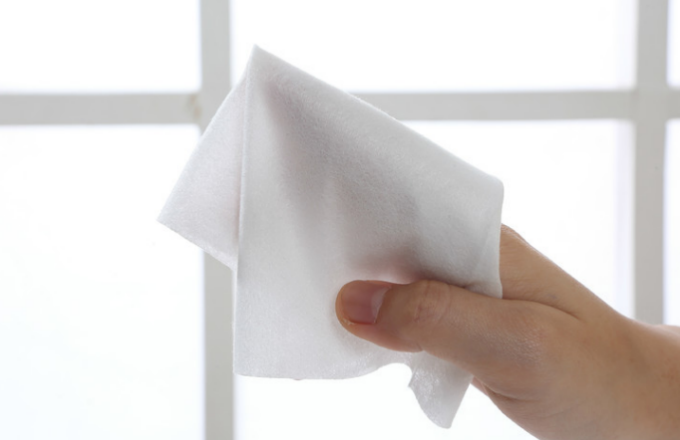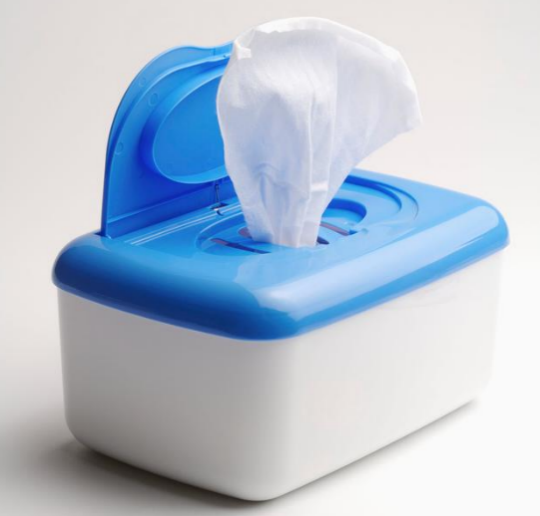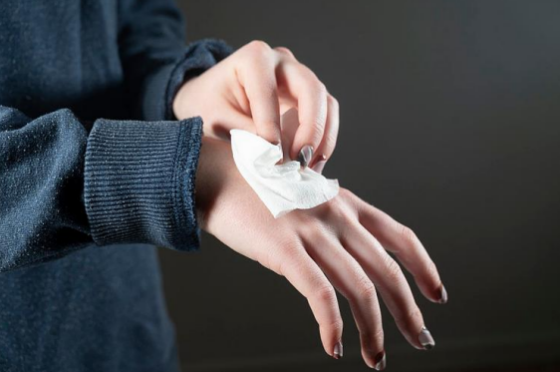Toilet paper is one of the most common items in our daily lives, something nearly everyone uses every day. However, have you ever considered that choosing the wrong toilet paper could bring unexpected trouble to your skin? Especially in recent years, wet wipes have become popular due to their "more comfortable and gentler" label, but are they suitable for everyone? Dermatologists warn that wet wipes may be a hidden "comfort trap", especially for people with sensitive skin, as they could make your skin uncomfortable or even cause more serious skin issues.

Do you think wet wipes are more hygienic because they clean better and are gentler on the anus? The reason wet wipes feel more comfortable is that they contain fragrances and moisturizing ingredients. These ingredients make the paper soft to the touch, sometimes with a light scent, creating the illusion of being "cleaner and gentler". However, these seemingly wonderful additives could be "invisible killers" for sensitive skin. You may ask, "Since the product says 'for sensitive skin, shouldn't it be safer?
Dermatologists explain this by peeling back the layers behind the "sensitive" label, showing us its true face. The word "sensitive" is like a beautifully wrapped box—it looks exquisite and thoughtful, as though it's tailor-made for delicate skin. However, when you open the box, you find that it contains not the gentle care you were expecting, but ingredients that could make your skin "break out". It's like ordering a "light and healthy" salad at a restaurant, only to have it served drenched in high-calorie dressing— a "disguised" version of what was promised. Even though the menu says "light", the chef can prepare it however they like, as long as it meets basic food safety standards. Similarly, the "sensitive" label on wet wipes is simply a marketing tactic, without strict regulatory requirements. In other words, the "sensitive" label is like a competition with no clear rules manufacturers can do whatever they want, as long as they don't cross the line. As for consumers, you never know whether the product contains a truly gentle formula or a hidden "skin bomb".

Dermatologists often remind us that the skin in intimate areas is extremely delicate, like a carefully tended, fragile flower. It needs not harsh cleansers or rough friction, but gentle care and appropriate protection. The way we treat flowers should be how we treat intimate areas: gentle, detailed, and non-imitating. Any overly intense "care" could cause this "flower" to lose its lustre and health. While petroleum jelly is excellent for dry skin, it's like wrapping yourself in clear plastic during the summerSun—it's moisturizing but can make you feel suffocated and uncomfortable. In far intimate areas, petroleum jelly can make the skin too moist, providing a comfortable breeding ground for bacteria. Moisture and excess oil are a hotbed for skin inflammation and imitation, which can lead to redness, swelling, and itching over time. It's like the soil in a flower keeping it moderately moist is key; too wet or too dry can hinder the plant's growth.

Soap plays the role of the overly eager housekeeper, scrubbing away dust until it removes all the decorations. Especially soaps with powerful cleaning agents, while they can make the surface look spotless, they also damage the skin's natural protective barrier like using a brush on freshly cleaned porcelain. The surface may seem shiny. But subtle scratches have been left behind. The skin in intimate areas doesn't have the thick layer of dead skin cells like the face does, so it's more vulnerable.
Dermatologists' advice is simple: Instead of relying on products that may contain "invisible traps". it's better to choose the most basic and straightforward option and regular toilet paper. This is the most sincere care for sensitive skin.





